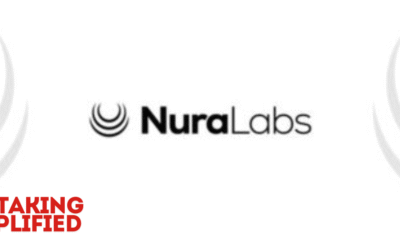Education
Learning should be a priority in the healthcare system

Learning doesn’t just stop once you receive your degree, it’s a fundamental part of life. Learning helps you understand things about yourself from both a professional and personal angle. Being intuitive and learning new things is a constant cycle and helps people grow. If people just one day stopped taking in new information then things would not evolve or advance for the better.
This sentiment is important because sometimes learning and trying new things is not a priority in the workplace. It’s understandable, because workloads get busy and sometimes doing things the way you know how to do them is faster. But when learning gets put on the back burner, so does productivity and employee satisfaction.
In the healthcare industry, it’s necessary to foster a space where employees get the opportunity to learn everyday. Through new technology advancements and the overall health of patients, trying new things could be the key to navigating an ever-changing system.
One way to do this is by promoting employee upskilling. Upskilling is when people work on advancing their existing capabilities, while learning new skills. When employees get the opportunity to grow and learn professionally, it can help them reach their full potential and maximize their strengths for the company. In the hospital system, upskilling can help frontline workers learn new ways of taking care of patients, while healthcare executives can learn new ways of being a leader. Patient care is the biggest priority, and upskilling employees will provide them with the highest level of care possible.
Not only does upskilling help employees reach their professional goals, but it makes them feel valued. When corporations invest in helping their workers learn and grow, it shows that they really care about their employees and that they appreciate their skills. Employees want to feel like they can grow within an organization, and having growth opportunities at their fingertips can help them get there.
Feeling valued has adverse effects on the workforce as a whole. We all know turnover and staffing issues are huge problems everywhere, especially in the healthcare system. Research shows that the average hospital turnover rate is a little over 20%. Even senior clinicians are clocking out for good from the industry. If people do not feel valued or like they have the opportunity to grow, then what is keeping them there? The answer is nothing. Having experienced people not feel taken care of puts patient care and employee training at a disadvantage.
“The expertise and experience that senior doctors offer are irreplaceable, and their departure can significantly impact patient care. Patients trust and rely on the years of knowledge that experienced doctors bring, which is crucial for their healing process. We must act now to retain our senior medical professionals, ensuring that patients continue to receive the highest quality of care,” says DoorSpace Co-Founder Brian White.
Everything is connected. Learning and upskilling helps employees grow, growth helps them feel valued, and value gets people to stay. The healthcare system is complex, but providing employees with the resources and training they need to grow shouldn’t be. There are so many resources available that can help people make small steps and eventually big steps towards their goals. When patient care is on the line, it should be a no brainer. Just because frontline workers are not in school anymore, does not mean they should only stick to what they know. Learning helps people flourish, and in turn will help companies advance as well.
Even just giving workers an hour each week to learn a new skill or shadow a clinician with different skills will help them grow. Learning does not have to be a tricky thing to navigate, but once you do, you will see the benefits immediately. How can you foster a space where learning is a priority?
-

 Press Release5 days ago
Press Release5 days agoNura Labs Files Revolutionary Patent: AI-Powered Wallet Solves the $180 Billion Crypto Staking Complexity Crisis
-

 Press Release3 days ago
Press Release3 days agoGlobal Compound Feeds and Additives Industry Report: Market Expansion and Competitive Insights to 2035
-

 Press Release2 days ago
Press Release2 days agoCrypto WINNAZ Launches First On-Chain Yield Engine for Meme Coins, Enabling 20x–300x Returns
-

 Technology3 days ago
Technology3 days agoWhat to Know Before Switching Cell Phone Network Services in 2025














